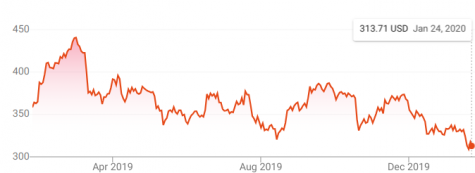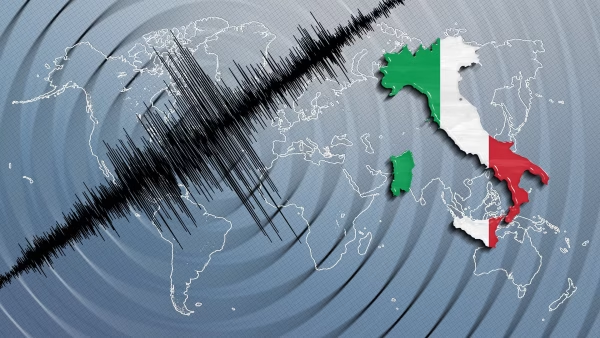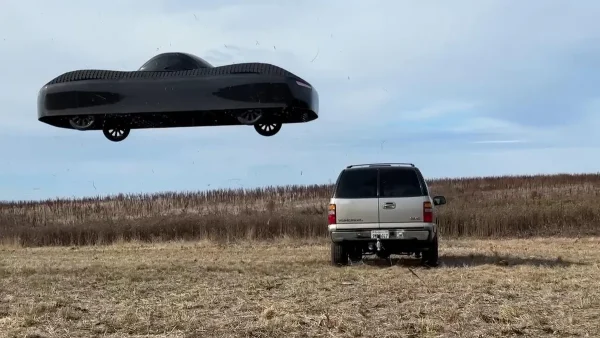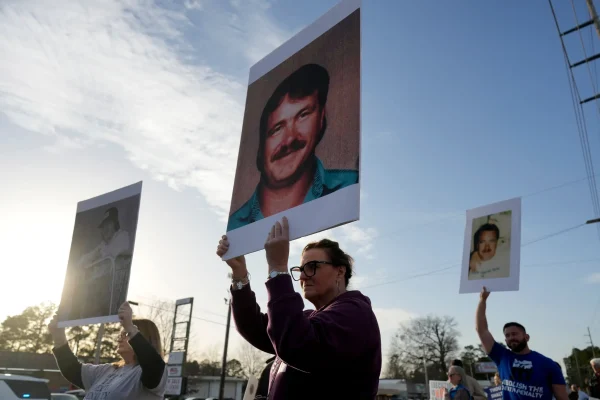Boeing broke our trust, and it cost hundreds of lives
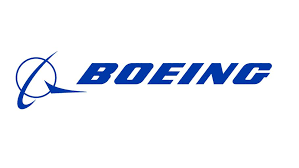
On October 29, 2018, a domestic Lion Air flight in Indonesia crashed just minutes after taking off. Then five months later, an Ethiopian Airlines flight crashed in a similar manner, sparking a large investigation of Boeing’s faulty 737 Max aircraft.
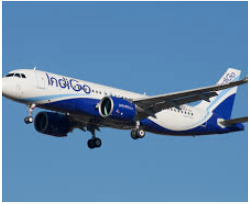
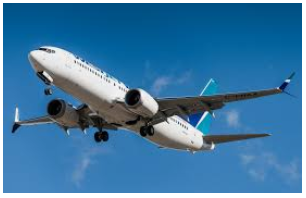
In 2014, Boeing’s biggest competitor, Airbus, launched a new plane. The Airbus A320neo would be a plane with minimal changes to their A320 plane but would include a much more efficient – albeit larger – engine. Boeing, being a business, reacted to this, launching the 737 Max. The new engine could sometimes stall, so Boeing introduced a system to deal with this. MCAS would automatically change the angle of attack downward so that the plane would not stall.
The problems started in 2017, before the crash of the Lion Air flight. NPR reported that Boeing “knew about the 737 max sensor problem before the crash in Indonesia.” Despite this, Boeing took no action.
However, Boeing concluded that the nonworking sensors would not affect “airplane safety or operation.” This would end up being untrue, as indicated by both of the airplane crashes.
Southwest Airlines, the largest operator of the 737 Max, told the Associated Press that they were informed of the potentially faulty sensors. Southwest had installed an optional feature to combat this. However, only 20% of customers had bought the optional feature. The New York Times reported that neither the Lion Air flight nor the Ethiopian Air installed the feature.
As reported by NPR, in released emails, Boeing employees mocked the FAA. They said that “I will be shocked if the FAA passes this” and that “this airplane is designed by my monkeys, supervised by clowns.” There were messages that show Boeing intentionally deceiving the regulators and at points mocking them.
The underlying problem with the plane, Boeing’s culture, would have to change. In 2014 Al-Jazeera, a Qatari news firm investigated the 787 Dreamliner, which had a history of issues with their battery. Al-Jazeera credited Boeing’s move to a non-unionized workforce as being influenced by greed, which was further supported by the
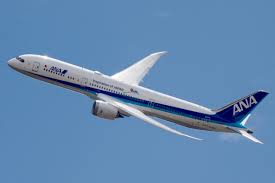
history of the Dreamliner having issues. Al-Jazeera reported drug problems and cited Boeing employees unwilling to fly on their own planes.
Boeing’s strategy going forward is to get the public to be willing to fly on the 737 Max. However, NPR reported Boeing’s internal data showing that 40%-44% of the public is reluctant to get on the plane. Boeing will attempt to use social media teams to show the public that the plane is safe. This remains on hold while the FAA and other travel agencies around the world ground the plane. This time, they are taking longer to certify the plane.
